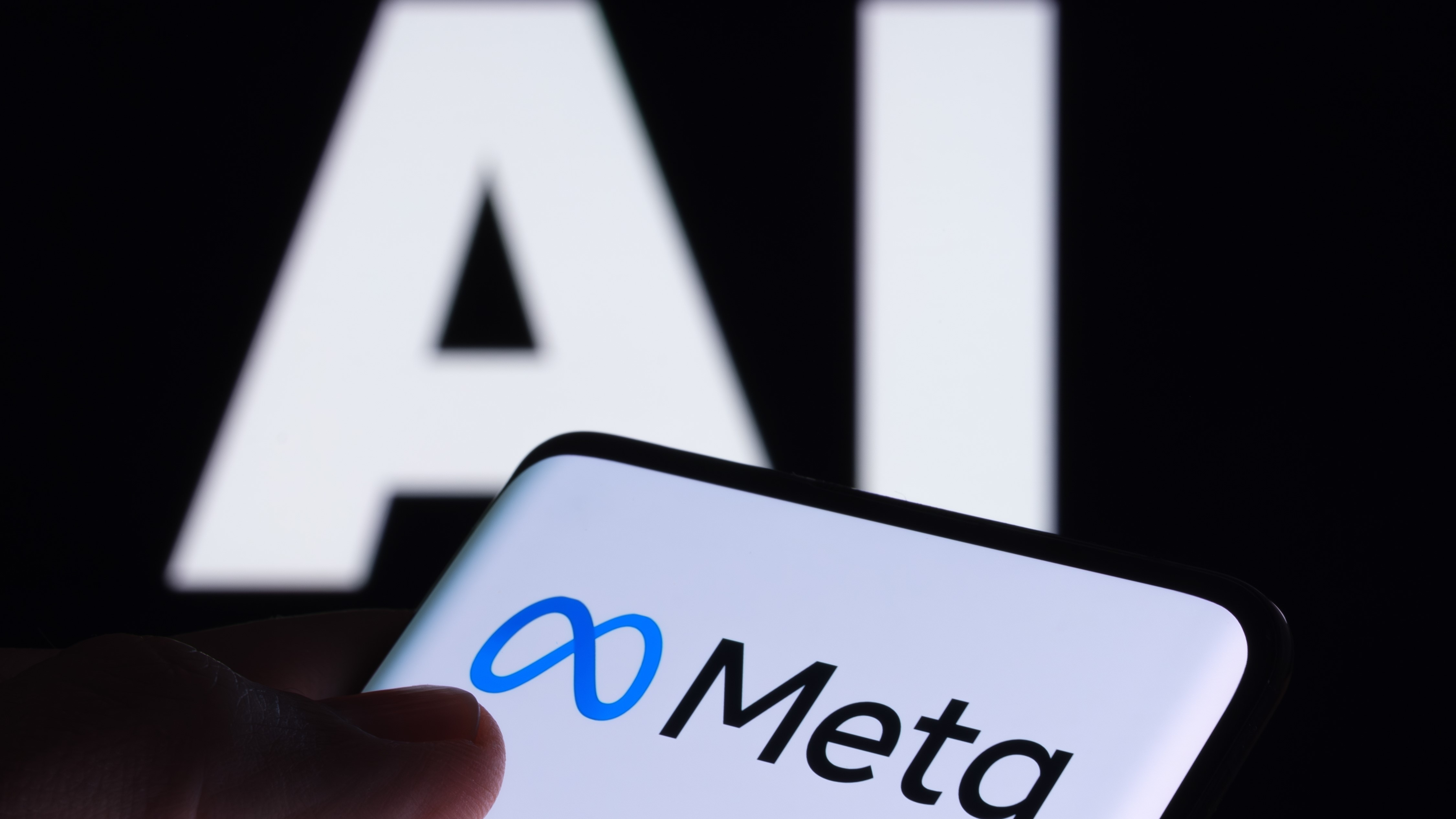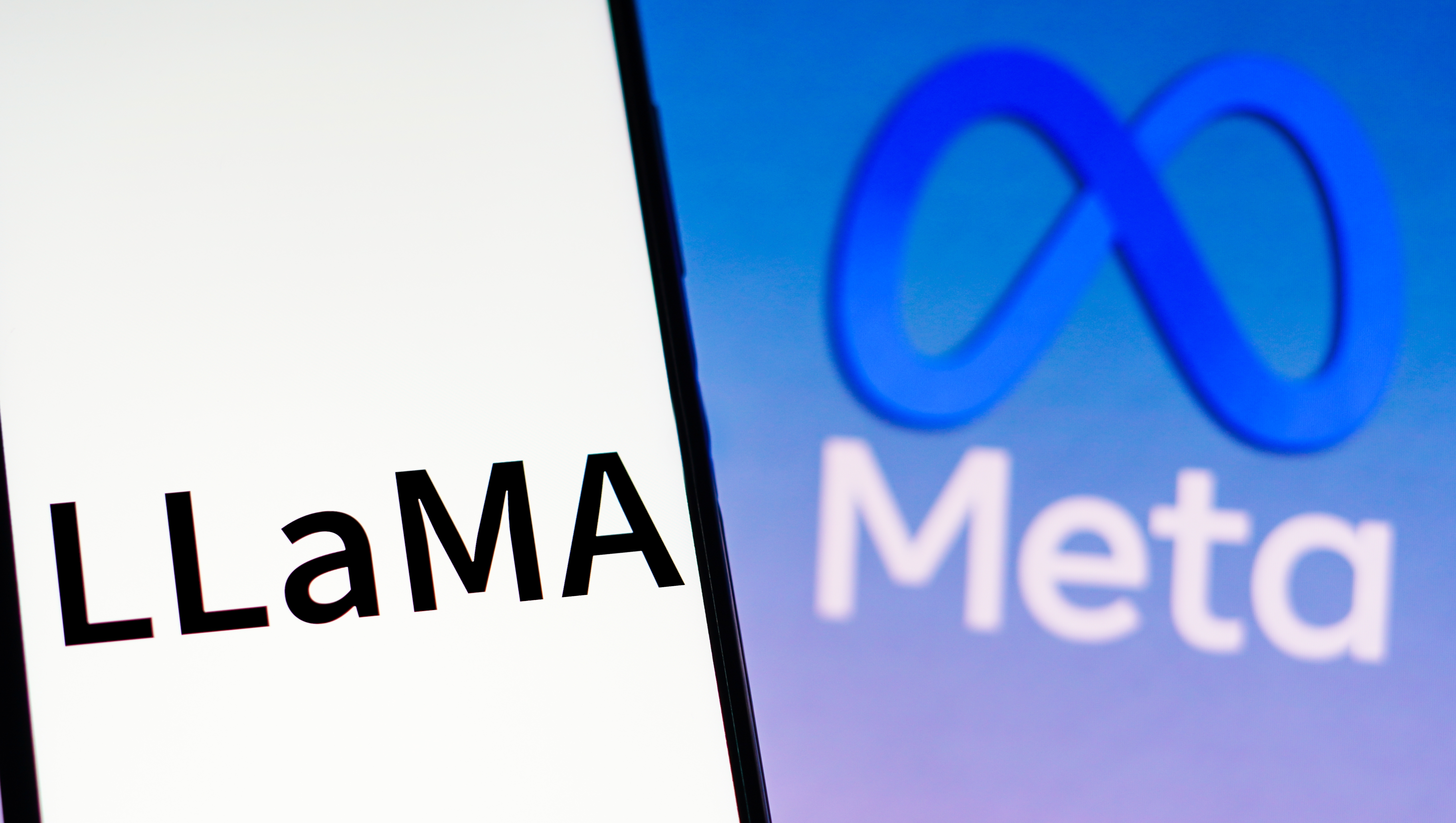Meta just launched Llama 4 — here's why ChatGPT, Gemini and Claude should be worried
Three new models packed with some impressive abilities

AI models are being launched left, right, and center. The latest comes from Meta, revamping its Llama series with three new powerful models aiming at the top spot with new levels of power and customization.
Llama 4 consists of three new models: Scout, Maverick, and Behemoth. While each model has a different expertise, Meta claims that all three are some of the best in the world, benchmarking ahead of its competitors.
Scout and Maverick are already available on Llama’s website or via Hugging Face, the popular AI hosting platform. While Behemoth has been announced, it is still in training with no clear date announced yet.
Meta AI, the software found in WhatsApp, Facebook Messenger, Instagram and other Meta-owned apps will now all run on Llama 4 in 40 different countries.
Meta AI, the software found in WhatsApp, Facebook Messenger, Instagram, and other Meta-owned apps will now all run on Llama 4 in 40 different countries. Because of EU regulations, Meta is currently unable to use or distribute the models in this region.
All three models were trained on large amounts of unlabeled text, image and video data which Meta has stated gives them a broad understanding.
Following the trend in AI to move towards a more open system, these models are open-weight. That means users can customize parts of Scout, Maverick, and eventually Behemouth to fit their own needs.
Meta also noted that all models had been tuned down on their refusal to answer contentious questions. Following in the footsteps of OpenAI, this means Llama 4 will be more likely to engage in political discussion or controversial subject matters.
Get instant access to breaking news, the hottest reviews, great deals and helpful tips.
So what does each model do and what sets them apart?

Llama 4 Scout
Scout is a multimodal model. It can process and deal with multiple data types like text, image, and audio. It is designed for tasks like document summarization and reasoning across big databases.
It can take in images alongside millions of words and process it. This is especially useful for dealing with large documents. For example, reading through research papers and picking out key information, or summarizing interviews and meetings.
Meta has claimed that Scout can deal with texts longer than five million words. In an example of this, the model is able to answer questions and search through texts longer than this with rapid responses.
Llama 4 Maverick
Maverick is the kind of model most of us have come to know with AI. Like ChatGPT, this is designed to handle image and text understanding. Meta describes it as its workhorse model for general assistant and chat use cases.
Because of this, Maverick has a larger total number of parameters and experts built into its system than Scout. If you think of an AI model as a brain, this simply means Maverick is more knowledgeable, having built up a larger knowledge base and a wider set of skills.
However, while it's more knowledgeable than Scout, its memory isn’t as good. It can understand a wider array of tasks and offer creativity or resourceful thinking that Scout doesn’t have, but can’t process as much information or remember long conversations of context.

Llama 4 Behemoth
The yet-to-be-released Behemouth is, as the name suggests, Meta’s largest model. It combines the best of both Scout and Maverick, offering both a huge knowledge base and a long contextual understanding.
In Meta’s internal benchmarking, this outperformed GPT-4.5, Claude 3.7 Sonnet and Gemini 2.0 Pro (but not 2.5 Pro) on an array of STEM skills like problem-solving or math puzzles.
More from Tom's Guide
- Gemini in the car is long-overdue — and I can't wait to try it in Android Auto soon
- Back to the Future was released 40 years ago — here's all the AI they predicted that we have (and what they missed)
- ChatGPT's glitches and 'melting GPUs' made me switch to Gemini — these 5 prompts won me over

Alex is the AI editor at TomsGuide. Dialed into all things artificial intelligence in the world right now, he knows the best chatbots, the weirdest AI image generators, and the ins and outs of one of tech’s biggest topics.
Before joining the Tom’s Guide team, Alex worked for the brands TechRadar and BBC Science Focus.
He was highly commended in the Specialist Writer category at the BSME's 2023 and was part of a team to win best podcast at the BSME's 2025.
In his time as a journalist, he has covered the latest in AI and robotics, broadband deals, the potential for alien life, the science of being slapped, and just about everything in between.
When he’s not trying to wrap his head around the latest AI whitepaper, Alex pretends to be a capable runner, cook, and climber.
You must confirm your public display name before commenting
Please logout and then login again, you will then be prompted to enter your display name.
 Club Benefits
Club Benefits















